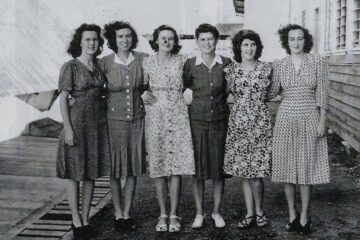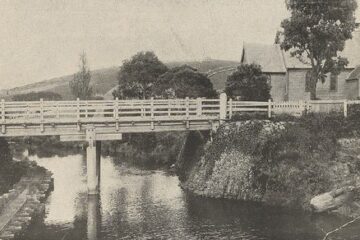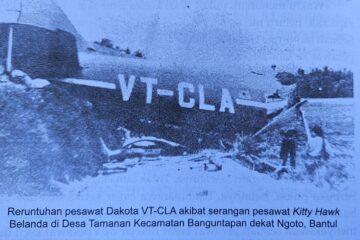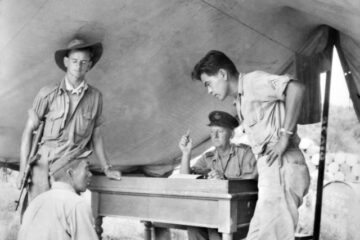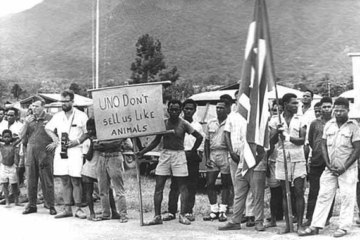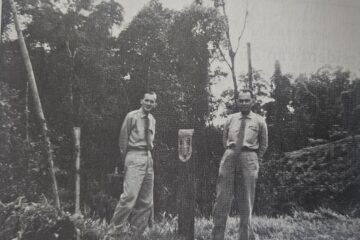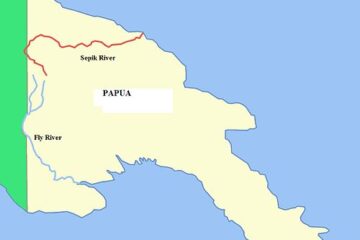Archerfield Memories – includes the Netherlands East Indies Transport Service – By Jean White
This document presents a first-hand civilian account of work at Archerfield Aerodrome in Brisbane during the Second World War and the immediate post-war years, with particular relevance to the Dutch and Netherlands East Indies presence in Australia. Written by Jean White (née Forrester), the memoir begins with her early employment Read more
